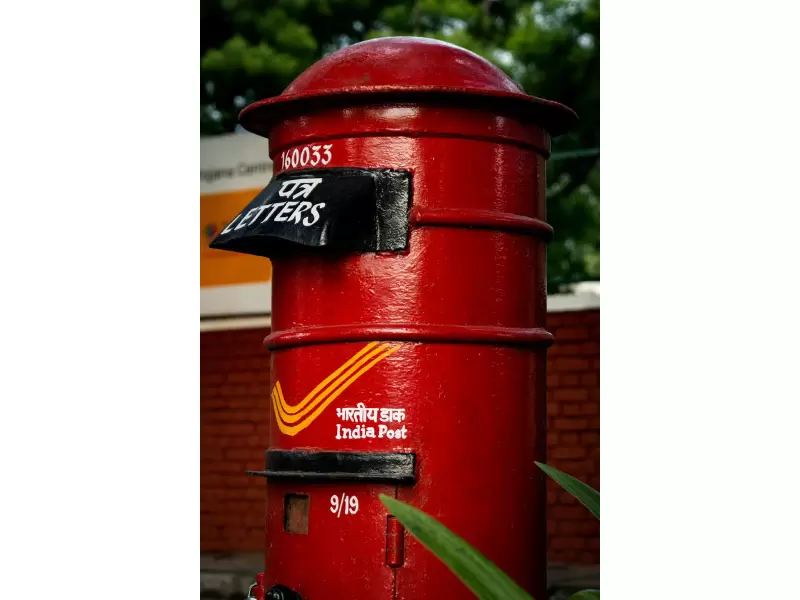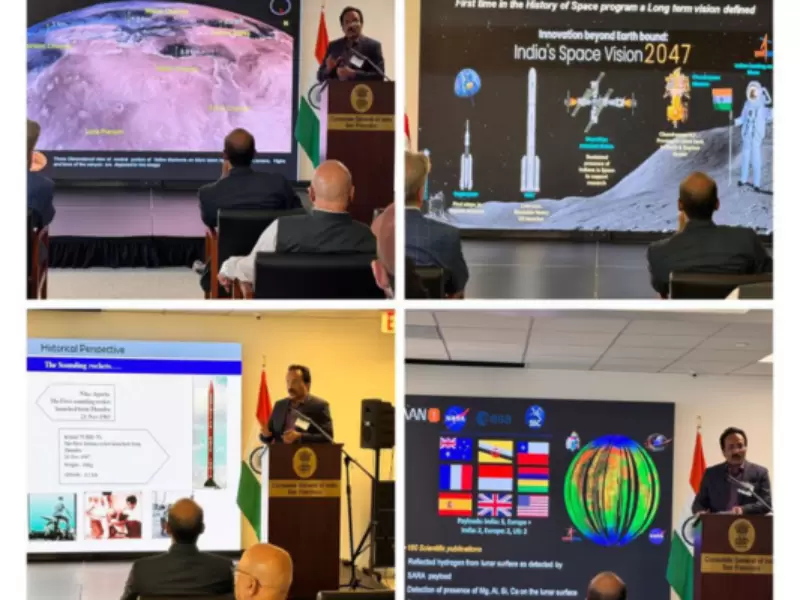India unveils draft law to modernise overseas migration framework
The draft has been opened for public consultation, with the government inviting comments from individuals, civil society organizations, and state authorities until Nov. 7.
 Representative image / Embassy of India, Muscat
Representative image / Embassy of India, Muscat
India’s Ministry of External Affairs (MEA) released a proposal to modernize the country’s migration governance system and strengthen protections for millions of Indian nationals working abroad.
The draft, Overseas Mobility (Facilitation and Welfare) Bill, 2025, has been opened for public consultation, with the government inviting comments from diaspora individuals, civil society organizations, and state authorities until Nov. 7.
Also Read: India issues 30 visas under diaspora travel outreach campaign
It seeks to overhaul India’s emigration regime by shifting from a narrow regulatory framework to a more comprehensive model of “migration management” that integrates facilitation, protection, and welfare. If enacted, the Bill would replace the Emigration Act, 1983, a law dating back to an era before globalization transformed labor markets.
The proposed law envisions the creation of an Overseas Mobility and Welfare Council to coordinate policy across ministries, ensure compliance with international labor and migration agreements, and strengthen oversight of recruitment and welfare mechanisms. It also emphasizes the use of data-driven policymaking to improve outcomes for Indian workers abroad.
Towards further institutionalising safe and orderly migration.@MEAIndia seeks comments/ suggestions on the draft Overseas Mobility (Facilitation and Welfare) Bill, 2025 that will replace the existing Emigration Act, 1983. Please find the press release below:
— Randhir Jaiswal (@MEAIndia) October 10, 2025
… pic.twitter.com/YDRzT0AlWF
MEA spokesperson Randhir Jaiswal described the initiative as “a step towards further institutionalizing safe and orderly migration” and urged stakeholders to provide feedback. The draft Bill has been published on the MEA’s website, with suggestions invited through designated email channels.
India is one of the world’s largest countries of migrant origin, with more than 13 million citizens estimated to live and work overseas, including large populations in the Gulf region, North America, Europe, and Southeast Asia. Remittances from the Indian diaspora exceeded $120 billion in 2024, according to World Bank data, making migrant welfare a key policy concern.
The existing Emigration Act, 1983 regulates overseas employment primarily for low-skilled workers, requiring those in “Emigration Check Required” categories to obtain clearance from the government’s Protector of Emigrants office before departure.
Recruitment agencies must also be registered with the authorities. But analysts have long argued that the 1983 law is outdated, overly bureaucratic, and poorly aligned with modern labor mobility practices.
ADVERTISEMENT
ADVERTISEMENT
E Paper
Video



1749497506.png) Malvika Choudhary
Malvika Choudhary
.jpg)












Comments
Start the conversation
Become a member of New India Abroad to start commenting.
Sign Up Now
Already have an account? Login